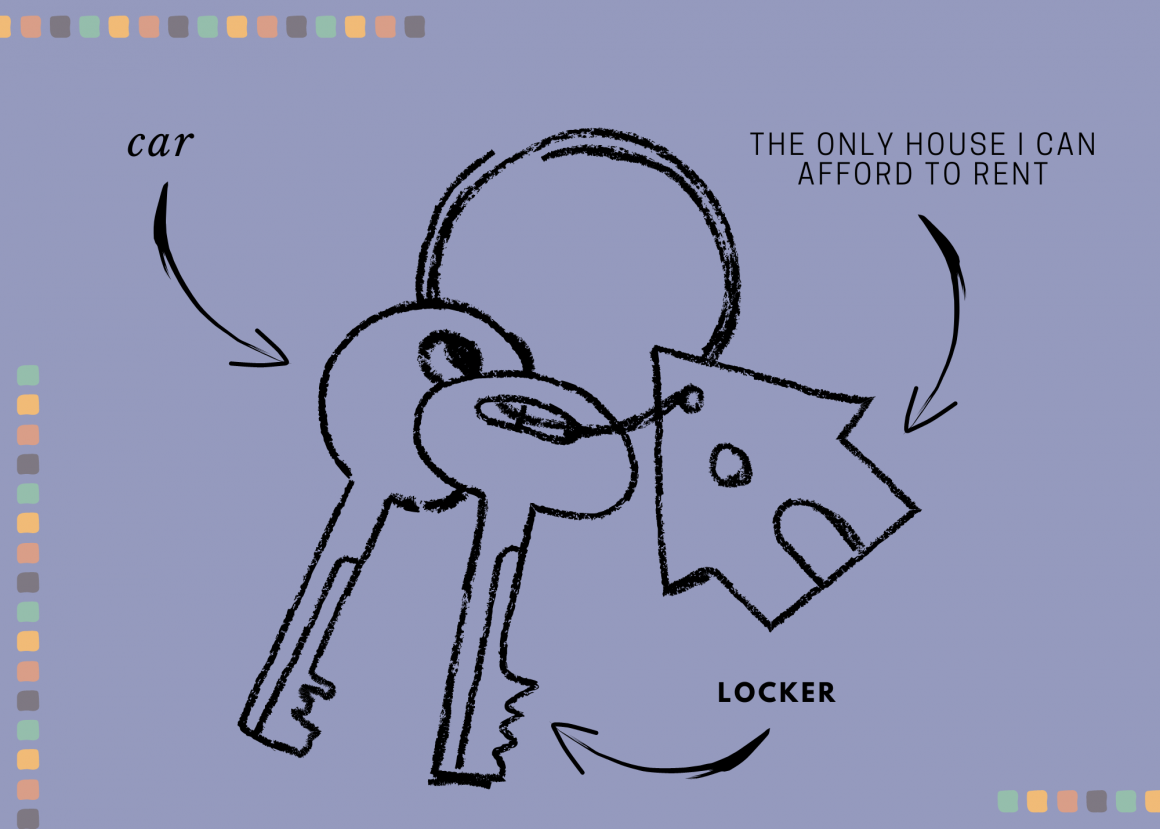
Students are facing many strains as cost of living gets worse
By Nazeefa Ahmed, April 11 2023—
With the semester wrapping up and the summer approaching, students at the University of Calgary are on the residence waitlist and unable to secure a living arrangement for the upcoming school year. As a result, students are apartment hunting in Calgary’s tight rental market.
Beginning her third year in 2023, domestic student Afrah Karim is on the residence waitlist and unable to secure a space for the upcoming academic year.
“It has definitely set me back since I am not confirmed a place to live next year,” said Karim. “The house hunting process has been a little stressful, but since it’s still a little early to look for the fall, I don’t think I’ve processed it yet, but I can only hope it will work out.”
A recent national report from Rentals.ca and Rentalsfaster.ca found a 23.3 per cent rent increase for one-bedroom apartments in Calgary compared to last March. Additionally, asking rent prices in Calgary jumped by 3.8 per cent within the past three months — the fastest increase in the country.
In an interview with the Gauntlet, Students’ Union Vice-President External Mateusz Salmassi spoke of the university’s plans to increase enrollment without adequate plans to develop more residence buildings for current students.
“What’s really troubling is that while the university is planning to expand enrollment between now and 2030, they don’t appear to have a plan as to where to house these students,” said Salmassi. “The university is just now exploring new residence buildings, but it will be at least three, if not five years before new residence buildings are finished, and no construction has started yet. The university also does not guarantee housing for international students, which is something that our comparator institutions do.”
Salmassi believes a strategic collaboration between the university, city and province will allow for effective control over rent prices so that students and other low-income individuals and groups are able to afford rental units, whether on campus or across the city.
“The university needs to provide short-term emergency housing and expand the criteria for who can access emergency housing while working on building new developments and ensuring that the University District is actually affordable for students,” said Salmassi. “Then, the city of Calgary can implement inclusionary zoning, so that new developments will be affordable.
“And finally on the provincial level, we need a rental cap akin to the kind that you can see in most provinces across Canada, and we also need the province to step up to provide funding to better help cities build affordable housing,” he added.
Since the university oversees the development of the University District, Salmassi believes that there should have been inclusive zoning to build affordable housing for students.
“Phase one of their development has really missed a huge opportunity to include some affordable housing,” said Salmassi. “They’re overwhelmingly expensive condos for purchase, and the rental units there are too expensive for many students to be able to afford.”
Salmassi points to SU statistics that show students struggling to balance competing financial demands such as high tuition, rising living costs, and housing.
“We know that, especially with our recent tuition hikes, the students are increasingly making tough choices between paying for our education and basics like food and housing,” said Salmassi. “Nearly one in five students told us that they cannot afford their tuition after the university approved their fourth consecutive increase, and 67 per cent told us that these tuition increases would put a moderate or severe financial strain on them.
“Housing is just another way that the university is getting money out of students without providing the support and services that they’re actually paying for,” Salmassi added.
